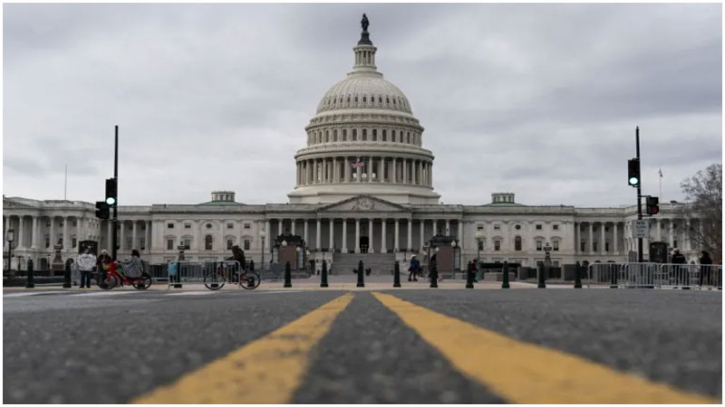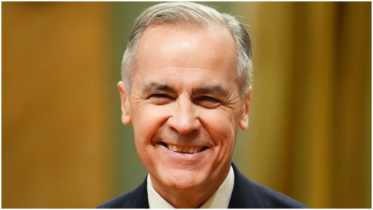US debt tops $38tn amid government shutdown and economic strain

The U.S. national debt has exceeded $38 trillion for the first time, according to data released by the Treasury Department, marking another milestone in the country’s worsening fiscal situation. The increase comes as a prolonged government shutdown disrupts economic activity and leaves hundreds of thousands of federal workers without pay.
Shutdowns typically add to the national debt by stalling economic operations and delaying policy decisions. Restarting federal programs after a shutdown also carries additional costs. The Office of Management and Budget estimated that the 2013 shutdown alone cost the economy $2 billion in lost productivity, while the 35-day shutdown in 2018—the longest in U.S. history—cost $11 billion, according to the Congressional Budget Office.
“Reaching $38 trillion in debt during a government shutdown is the latest troubling sign that lawmakers are not meeting their basic fiscal duties,” said Michael A. Peterson, CEO of the Peter G. Peterson Foundation, a nonpartisan organization focused on fiscal policy.
“If it seems like we are adding debt faster than ever, that’s because we are,” Peterson added. “We passed $37 trillion just two months ago, and the pace we’re on is twice as fast as the rate of growth since 2000.”
A recent survey by the Peterson Foundation found that 81 percent of voters consider the national debt a major concern. Economists warn that mounting debt will drive up interest costs for the government, potentially limiting spending in key areas of the economy. The foundation projects that interest payments, which totaled $4 trillion over the past decade, could reach $14 trillion in the next ten years.
Rising debt levels have also rattled investor confidence. Earlier this year, Moody’s downgraded the U.S. credit rating from Aaa to Aa1, citing concerns about fiscal sustainability. Standard & Poor’s and Fitch Ratings have made similar moves in recent years.
David Kelly, chief global strategist at J.P. Morgan Asset Management, cautioned that persistent fiscal imbalances could undermine long-term investor trust in U.S. assets.
Maya MacGuineas, president of the Committee for a Responsible Federal Budget, criticized lawmakers for neglecting fiscal reform as the debt continues to climb.
“The reality is that we’re becoming distressingly numb to our own dysfunction,” she said. “We fail to pass budgets, we blow past deadlines, we ignore fiscal safeguards, and we haggle over fractions of a budget while leaving the largest drivers untouched.”
She warned that major entitlement programs are nearing critical funding shortfalls. “Social Security and Medicare are just seven years away from having their trust funds depleted — and yet our political leaders are silent on how to prevent such a disaster,” MacGuineas said.
.png)




